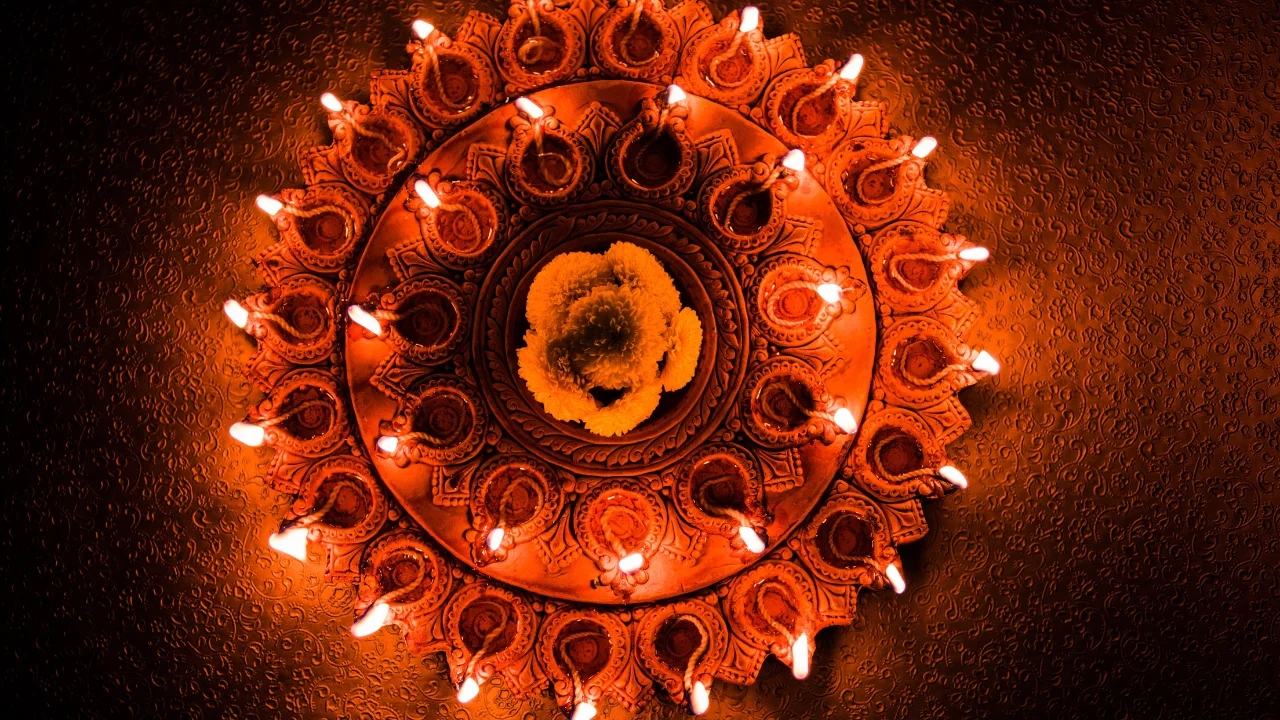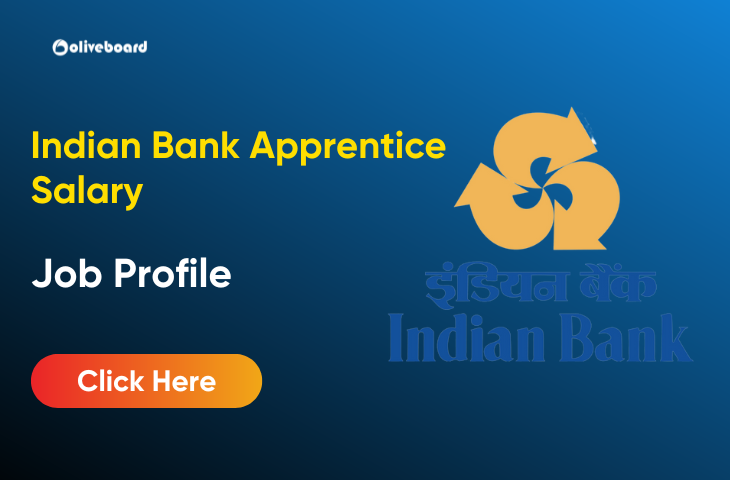Diwali, also known as Deepavali, is one of the most important festivals celebrated in India and among Hindu communities worldwide. This festival symbolizes the victory of light over darkness and good over evil. While festivals like Christmas have fixed dates, Diwali varies each year, and this article will explore its date, history, significance, and the ways it is celebrated.
Diwali 2024 Date
Diwali 2024 will be celebrated on November 1, 2024. This festival is also known as the Diwali festival 2024, and it marks a time of joy, light, and togetherness. Diwali dates 2024 include five days of festivities, starting from October 29 and culminating on November 2. Each day has its own significance, with the main celebration occurring on the third day. The festival falls on the New Moon Day of the Indian month of Kartika, which is usually between October and November. The shifting date of Diwali each year is due to the lunisolar calendar, which incorporates both lunar and solar cycles.
Diwali 2024 – दिवाली 2024
Diwali 2024 falls on Friday, November 1st, according to the Hindu calendar. However, there are some interesting points to consider: Diwali is one of the most eagerly awaited festivals in India, celebrated with great joy and enthusiasm. This five-day festival marks the victory of light over darkness and good over evil. However, this year, there has been confusion among people regarding the exact date of Diwali. Let’s clear the confusion and look at the complete calendar for Diwali 2024, covering all the important days.
| Day | Festival | Date | Day of the Week |
| Day 1 | Dhanteras | October 29th, 2024 | Tuesday |
| Day 2 | Kali Chaudas | October 30th, 2024 | Wednesday |
| Day 3 | Narak Chaturdashi (Chhoti Diwali) | October 31st, 2024 | Thursday |
| Day 4 | Diwali (Lakshmi Pujan) | November 1st, 2024 | Friday |
| Day 5 | Govardhan Puja, Annakut | November 2nd, 2024 | Saturday |
| Day 6 | Bhai Dooj (Yama Dwitiya) | November 3rd, 2024 | Sunday |
Day 1: Dhanteras – October 29th, 2024 (Tuesday)
Dhanteras marks the beginning of the Diwali festival and will be celebrated on October 29th, 2024. It falls on the 13th day of the Kartik month’s dark phase. On this day, people traditionally buy gold, silver, and utensils as a sign of prosperity. It is also the birthday of Lord Dhanvantari, the God of medicine, and is considered an auspicious time for purchasing valuable items. Worshipping Goddess Lakshmi and Lord Kuber on Dhanteras is believed to bring wealth and good fortune into homes.
Day 2: Kali Chaudas – October 30th, 2024 (Wednesday)
Kali Chaudas, also known as Narak Nivaran Chaturdashi, will be observed on October 30th, 2024. It is dedicated to Goddess Kali and her victory over evil forces. This day is also significant for rituals to ward off negative energies. Devotees offer prayers to Goddess Kali and Lord Hanuman, believing that these prayers will protect them from evil. Lighting lamps and offering food to deities are common practices on this day.
Day 3: Narak Chaturdashi (Chhoti Diwali) – October 31st, 2024 (Thursday)
Narak Chaturdashi, also known as Chhoti Diwali, falls on October 31st, 2024. It is celebrated to commemorate Lord Krishna’s victory over the demon Narakasura. People light oil lamps to signify the removal of darkness and evil. In some parts of India, this day is also associated with Hanuman Jayanti, and devotees offer sweets to Lord Hanuman. The day is filled with excitement as homes are decorated with rangolis, and lamps are lit in preparation for the main Diwali celebration.
Day 4: Diwali (Lakshmi Pujan) – November 1st, 2024 (Friday)
The main Diwali celebration, known as Lakshmi Pujan, will take place on November 1st, 2024. This is the most significant day of the festival and is dedicated to Goddess Lakshmi, the goddess of wealth and prosperity. On Diwali night, families perform the Lakshmi Puja, offering prayers and lighting lamps to welcome the goddess into their homes. The ritual takes place during the Pradosh period, just after sunset. The entire evening is marked by lighting diyas, bursting firecrackers, and sharing sweets with loved ones.
Day 5: Govardhan Puja and Annakut – November 2nd, 2024 (Saturday)
Govardhan Puja, also known as Annakut, will be celebrated on November 2nd, 2024. This day commemorates Lord Krishna’s act of lifting the Govardhan mountain to protect the people of Mathura from torrential rains. People worship Lord Krishna and offer a variety of food dishes, known as Annakut, as a symbol of gratitude for his protection. It is also a day to celebrate nature’s bounty and express thanks for a prosperous harvest.
Day 6: Bhai Dooj (Yama Dwitiya) – November 3rd, 2024 (Sunday)
Bhai Dooj, the final day of the Diwali festival, will be observed on November 3rd, 2024. This day celebrates the bond between brothers and sisters. Sisters pray for the well-being and long life of their brothers by performing the tilak ceremony. According to mythology, the festival is linked to Yama, the god of death, and his sister Yamuna, who invited him to her home and applied a tilak on his forehead. Bhai Dooj is an occasion for family gatherings, gift exchanges, and shared meals.
Diwali 2024 Date – When is Diwali in 2024?
The Diwali 2024 date is set for November 1, 2024. This significant day marks the main celebration of the Diwali festival 2024, also known as the Festival of Lights. During this time, people celebrate the victory of light over darkness and good over evil.
In the days leading up to the festival, various activities take place, including decorating homes and preparing sweets. The Diwali 2024 theme focuses on joy, family, and togetherness. People light diyas (oil lamps) and enjoy fireworks to spread happiness and positivity.
If you’re wondering when is the next Diwali 2024, remember that it falls on November 1. Make sure to plan your celebrations and share the joy with loved ones. Wishing everyone a Happy Diwali 2024 filled with happiness and prosperity!
| Festival | Date |
| Dhanteras | Monday, October 29th |
| Chhoti Diwali | Wednesday, October 30 st |
| Diwali (Lakshmi Puja) | October 31, 2024 (Thursday) |
| Govardhan Puja | Saturday, November 1st |
| Bhai Dooj | Sunday, November 2nd |
Diwali 2024 Theme
Each year, Diwali celebrations may have a particular theme that resonates with current societal issues or cultural elements. For Diwali 2024, the theme is likely to revolve around sustainability and environmental consciousness, encouraging people to celebrate in eco-friendly ways. This includes using biodegradable materials for decorations, opting for traditional earthen diyas instead of plastic, and reducing noise pollution from fireworks.
Diwali 2024 Celebrations
- Rangolis and Mandalas: Homes are decorated with beautiful patterns to welcome deities and bring good luck.
- Bonfires and Sweets: Some communities light bonfires to symbolize the end of negativity, followed by enjoying sweets.
- Main Day of Celebrations: This day is dedicated to Goddess Lakshmi, who brings prosperity.
- Lakshmi Puja: Homes are filled with diyas and rangolis, and prayers are offered to welcome the goddess.
- Fireworks and Feasts: The night sky lights up with fireworks, celebrating the victory of light, followed by festive meals with family and friends.
History of Deepawali
Deepawali, also known as Diwali or the Festival of Lights, is celebrated on the darkest night of the year. This festival has rich spiritual meaning, with its origins found in the ancient epic called the Ramayana.
The Story of Lord Rama and Ravana
At the heart of Diwali is the battle between good and evil. The story features Lord Rama, who represents our higher self, and Ravana, who symbolizes our ego and inner darkness.
- Ayodhya: Lord Rama resides in Ayodhya, a place that stands for peace and tranquility. This symbolizes our true self, which is free from distractions and worries.
- Sita’s Abduction: Rama marries Sita, which signifies the connection between the soul and the body. However, when Sita sees a golden deer, she becomes distracted and is captured by Ravana. This represents how our senses can lead us away from our true purpose.
- The Battle: The conflict between Rama and Ravana is not just a story from the past; it reflects the internal struggles we all face. Ravana, with his ten heads and twenty arms, represents the many forms of our ego, making it difficult to recognize and overcome.
- Victory of Good: In the end, Lord Rama defeats Ravana, bringing Sita back and restoring peace. This victory symbolizes the triumph of our inner light over negativity.
The Deeper Meaning of Diwali
Diwali is celebrated on the darkest night to remind us to overcome our negative habits, such as:
- Material Obsessions: Letting go of the need for material things.
- Ego and Insecurities: Moving beyond self-importance and fears.
As we celebrate by lighting candles and fireworks, we should also reflect on the deeper meaning of this festival.
Historical Background
The history of Diwali is rich and diverse, with its origins traced back to ancient India. Several stories and legends are associated with the festival, including:
- Return of Lord Rama: One of the most popular legends is about Lord Rama’s return to Ayodhya after defeating the demon king Ravana. People celebrated by lighting oil lamps (diyas) and bursting crackers to welcome him home.
- Goddess Lakshmi: Diwali is also dedicated to Goddess Lakshmi, the goddess of wealth and prosperity. People clean their homes and decorate them to invite the goddess into their lives for the upcoming year.
- Lord Krishna: In some regions, the festival marks the victory of Lord Krishna over the demon Narakasura, symbolizing the triumph of good over evil.
When is Diwali 2024?
- Dhanteras: Monday, October 29th
- Chhoti Diwali: Wednesday, October 31st
- Diwali (Lakshmi Puja): Friday, November 1st
- Govardhan Puja: Saturday, November 2nd
- Bhai Dooj: Sunday, November 3rd
1st November 2024 Special Day
Diwali, the festival of lights, will illuminate the night on Friday, November 1st, 2024, according to the Hindu calendar. As communities come together to celebrate, homes will be adorned with lamps, and the air will be filled with the joyous glow of festivities. Diwali holds deep cultural and spiritual significance, marking the triumph of light over darkness and fostering a sense of unity and happiness among those who partake in the celebrations.
Preparation for Diwali
Preparation for Diwali typically starts weeks in advance. People clean their homes thoroughly to welcome Goddess Lakshmi, believed to bring wealth and prosperity. Shopping for new clothes, gifts, and decorations is also common. Many people visit local markets to purchase sweets, candles, and other festive items to make the celebrations special.
Food and Sweets for Diwali
Food plays a vital role in Diwali celebrations. Families prepare a variety of traditional dishes and sweets, such as laddus, barfis, jalebis, and samosas. These delicacies are often shared with friends and relatives, enhancing the spirit of togetherness during the festival.
Diwali Greetings and Wishes
During Diwali, it’s customary to wish others a happy festival. Common greetings include “Happy Diwali” or “Shubh Deepavali.” People often send greeting cards or messages to convey their best wishes for happiness, prosperity, and good health to their loved ones.
Environmental Impact of Diwali
In recent years, there has been growing concern about the environmental impact of Diwali celebrations. Many people are now adopting sustainable practices, such as using eco-friendly decorations and limiting the use of fireworks to reduce air and noise pollution. By focusing on sustainable celebrations, the essence of Diwali can be preserved while being mindful of our planet.
In summary, Diwali is a time of joy, family, and tradition. As we approach the Diwali 2024 date, let us celebrate with a spirit of love and responsibility. Happy Diwali 2024 to all!
- Indian Bank Recruitment 2025 Out for 1500 Apprentice Posts
- Indian Bank Apprentice Salary 2025, Pay Scale, Salary Structure
- Indian Bank Apprentice Syllabus & Exam Pattern 2025, Check Details
- Railway RPF Syllabus 2024, Check Exam Pattern, Topic And Syllabus
- SSC JE vs RRB JE, Which Is Better? Know Detailed Comparison
- SSC CGL Study Plan 2025 For Next 25 Days With Tips, Tricks

Hello, I’m Aditi, the creative mind behind the words at Oliveboard. As a content writer specializing in state-level exams, my mission is to unravel the complexities of exam information, ensuring aspiring candidates find clarity and confidence. Having walked the path of an aspirant myself, I bring a unique perspective to my work, crafting accessible content on Exam Notifications, Admit Cards, and Results.
At Oliveboard, I play a crucial role in empowering candidates throughout their exam journey. My dedication lies in making the seemingly daunting process not only understandable but also rewarding. Join me as I break down barriers in exam preparation, providing timely insights and valuable resources. Let’s navigate the path to success together, one well-informed step at a time.






